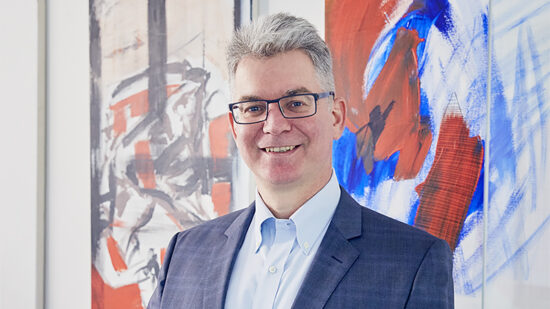Assets in discretionary MPS grew by over a third (36%) in the 12 months to 30 September 2024, according to NextWealth’s bi-annual MPS tracking study.
The report also found costs have almost halved over the past three years, from an average of 1% to 0.54%.
Nextwealth said growth is being powered by strong markets and a shift from advisory and bespoke discretionary models.
Consumer Duty is playing a major part in this as advisers are increasingly outsource investments.
Fee pressure is pushing ongoing charges lower with the average OCF shrinking from 75bps in 2021 to 36bps in September 2024, Nextwealth found.
Some of the reduction in fees stems from the rapid increase in use of passives. The percentage of assets in passive funds has increased to 43% from 29% in just two years.
See also: Analysis: Do performance tools really measure up?
The researchers also identified increased dominance of the larger firms. Nextwealth said the top ten captured two-thirds of all net asset growth while the remaining 42 firms captured only one-third.
Tatton, Quilter and Timeline are the major drivers of this, together adding over £14bn of assets in the year to 30 September 2024.
Turning to sustainability, Nextwealth found sustainable portfolios represent less than 10% of the wider MPS market, but this has grown from £9.4bn in 2023 to £10.6bn in 2024.
See also: FCA slammed as ‘incompetent’ and of questionable integrity in parliamentary report
Heather Hopkins, managing director of NextWealth said: “The MPS sector is thriving but crowded. DFMs are having to be fleet of foot to compete. One clear trend is the use of a building block approach among DFMs offering active solutions.
“These firms use in-house products as part of the mix to help bring down cost, widen the investment universe and ease challenges of rebalancing on platform. Our research shows amongst those who use in-house products over half (52%) of assets are allocated to in-house products.”
See also: IHT receipts surge again as Budget discontent simmers








